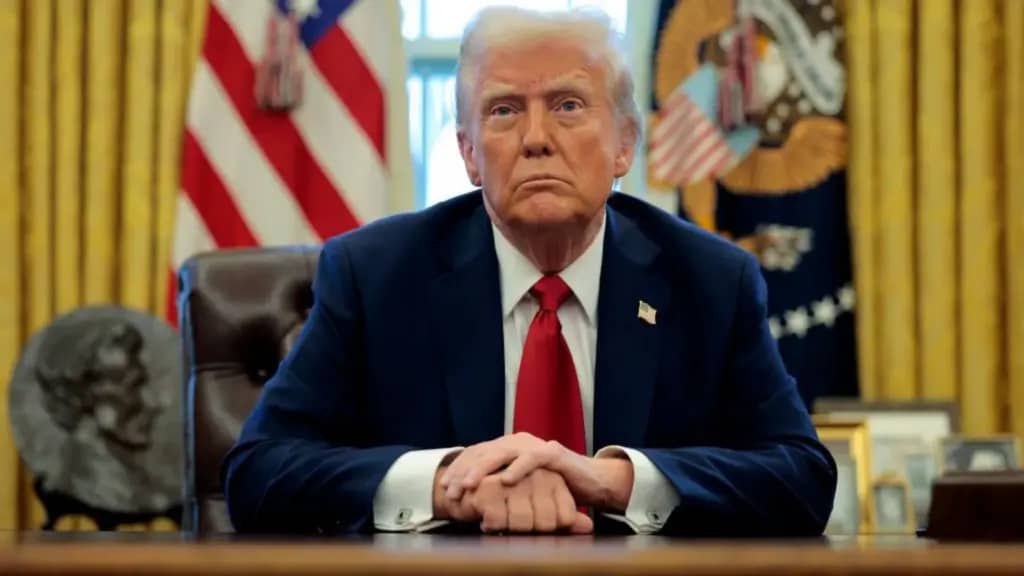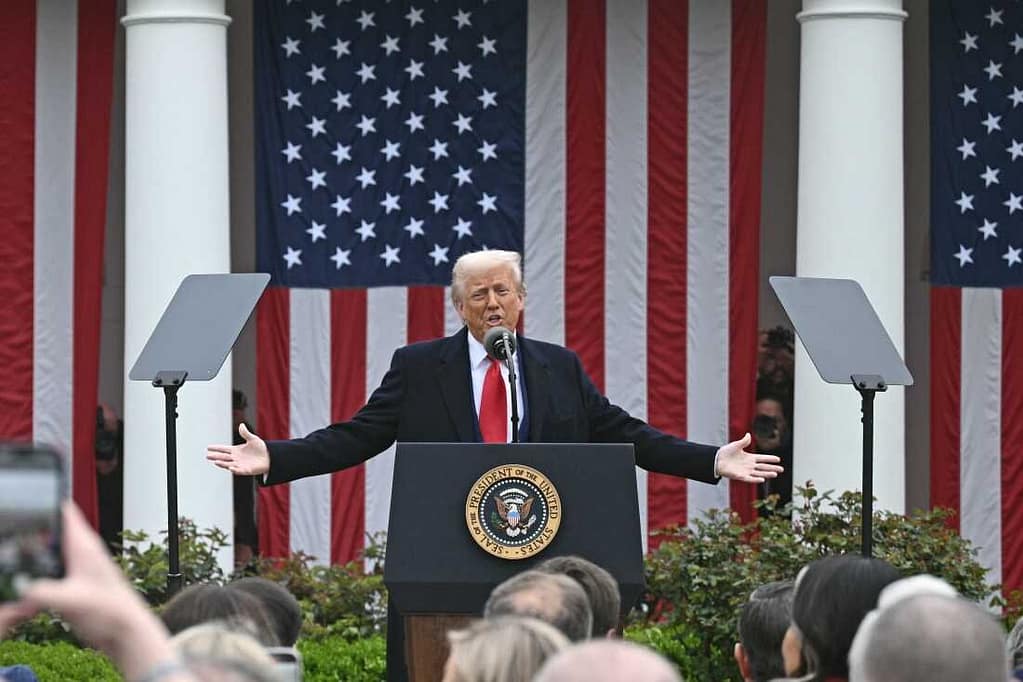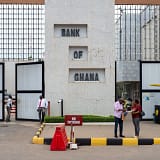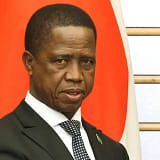News
Ghana Hit with 10% Tariff as Trump Launches Global Trade Crackdown
Published
7 months agoon
By
M N Ridwan
In a bold move that has sent shockwaves through global trade, U.S. President Donald Trump has imposed a 10% import tariff on goods from Ghana.
This decision, announced on April 2, 2025, is part of a broader effort to tackle what Trump has called an “economic emergency” and is aimed at rebalancing trade relations with several countries.
The new tariff, which will take effect on April 5, is part of a global crackdown on what the U.S. sees as unfair trade practices.
According to the White House, this tariff will apply to imports from about 60 countries, including some of the world’s largest economies such as the European Union and China.
While most nations will face the 10% baseline tariff, certain countries, including China, will see even higher duties.
“Today we are standing up for the American worker and we are finally putting America first,” Trump declared in a statement following the announcement.
The move has been described as a historic tax hike that could reshape global trade dynamics.

For Ghana, this tariff comes as a significant blow, especially considering the country’s trade relationship with the U.S.
In 2024, total goods trade between the two nations amounted to $2.1 billion. U.S. exports to Ghana were valued at $967.3 million, showing an increase of 12.3% from the previous year.
However, U.S. imports from Ghana, primarily cocoa products, fell by 28% in 2024, totaling $1.2 billion. The U.S. thus faced a goods trade deficit of $204.4 million with Ghana, a 73.3% increase from the previous year.
Ghana is now among the countries affected by Trump’s aggressive trade policies, which include new tariffs on China (34% on top of an existing 20% levy), and Japan and India, which face tariffs of 24% and 26%, respectively.
The tariffs on smaller nations like Lesotho are even more severe, reaching up to 50%.
While the impact of the 10% tariff on Ghana’s economy remains to be seen, analysts suggest that it could disrupt Ghana’s trade with the U.S., especially in cocoa exports.
This development also puts pressure on the government to diversify Ghana’s trade relations and strengthen its domestic economy to withstand the potential fallout from the tariffs.






